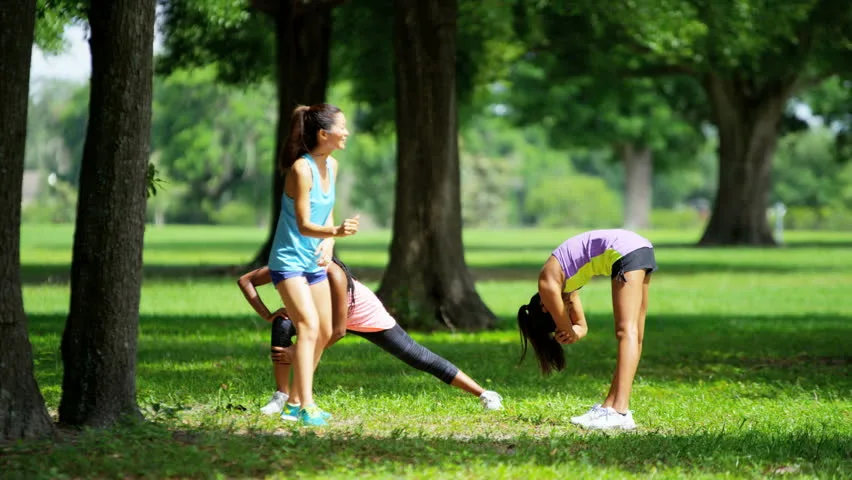
The Value of Leisure Time in Your Life
In the U.S., we tend to view leisure time as something optional. Whether it’s taking a vacation with your family or spending time on hobbies you enjoy, the reality is leisure time is incredibly important to our quality of life and our mental health.
When you don’t take time for leisure or set boundaries with your work, the result can be declines in your mental and physical health. Chronic illnesses, depression, and anxiety can stem from focusing too much on work and not enough time on enjoyable activities.
The following are things that we should all know when it comes to leisure in our lives.
What Do We Mean by Leisure Time?
First, what’s meant by leisure time? It’s our free time, and how we spend that. That means the time we’re away from our work or business and away from domestic activities that we have to do. For example, spending your time off work doing laundry and house chores isn’t the same as true leisure time.
Leisure time should be something you do voluntarily, and it’s intrinsically motivating, meaning you want to do it not because it’s going to achieve a certain outcome other than being enjoyable to you.
Sometimes in psychology, we see it broken down into two categories—active and passive leisure. Active leisure can include working out, playing sports, or having a certain type of hobby. Passive leisure might include going to the movies, reading, or relaxing on vacation.
There aren’t any hard and fast rules for how you spend your leisure time, except that it’s enjoyable to you.
Stop Viewing It as a Waste of Time
A goal that you should make for yourself in 2022 is to reframe how you view leisure time. In a study cited by Psychology Today, people who saw leisure as a waste of time had higher levels of anxiety, stress, and depression.
Even when people in the research did give themselves time away from work and household responsibilities, if they viewed it as wasteful time, they were less able to enjoy themselves and the benefits.
In order to get the full mental and physical benefits of leisure, you have to work on changing your perspective. You have to begin to see that there is real value in doing activities for the happiness and joy they bring in and of themselves, without any measurable outcomes being a priority beyond that happiness.
Maintaining Balance
Balance is important in all areas of our lives, including in how we go about managing our free time.
Your free time should be a way to nurture all of your needs. These include your physical, social, emotional, cognitive, and spiritual needs.
This might mean that you have different leisure activities you engage in at varying times to meet these needs.

Benefits for Well-Being
Some of the particular benefits for our holistic well-being that stem from doing things we enjoy in our free time or simply relishing in the existence of that free time include:
- Engaging in leisure can help lower your heart rate, improve your mood, and reduce your stress levels.
- Having things that you enjoy doing serves as a healthy coping mechanism. When you have healthy coping strategies you can rely on during times of stress, then you’re less likely to instead engage in unhealthy behaviors like drinking.
- Having an activity that you engage in simply because you want to can help you feel more in control of other parts of your life. That’s especially important as we’re still grappling with the effects of the pandemic.
- We tend to think that we should constantly be working. This can be truer when you work from home because there aren’t the traditional boundaries that come with working in an office. Having activities, you enjoy doing for their own sake can help you set work boundaries. That, in turn, can help you be more productive when you are working. When you constantly work without breaks, your energy starts to decline, and you’re at risk of burnout. You need to take breaks to do things not required that you like to do so that you can be cognitively fresh and efficient, and you’ll have a renewed sense of energy.
- Our relationships in our lives, whether with friends or family members, are integral to our well-being. By having balance in your life and taking time from work and chores, you can also use this time to strengthen these relationships.
- Doing things that you enjoy outside of your job can help your brain stay healthy and active.
- Depending on what you choose to do, your leisure activities can help you stay more physically active, reducing your risk of chronic diseases.
Don’t Put Too Much Pressure On Yourself
While we want to emphasize the importance of time off from work and leisurely activities, you also have to make sure that you’re not turning it into a job in and of itself. Don’t put pressure on yourself to do things that you think you should be doing for one reason or another.
Try to find those things that you truly do like doing, no matter what they are.
Your idea of a pleasant activity for your free time might not be the same as anyone else’s, and that’s okay.
We all also have to remember that, as with anything, like we mentioned above, leisure time requires a sense of balance too. We all have to find a happy medium between that sweet spot of free time and going overboard with leisure.
There’s even research on the topic. For example, well-being and having free time show a positive relationship to one another within around two hours of time. However, after five hours of free time, that positive correlation decreases.
Achieving balance in all areas of our lives is a true skill, but one we should try to practice daily.




